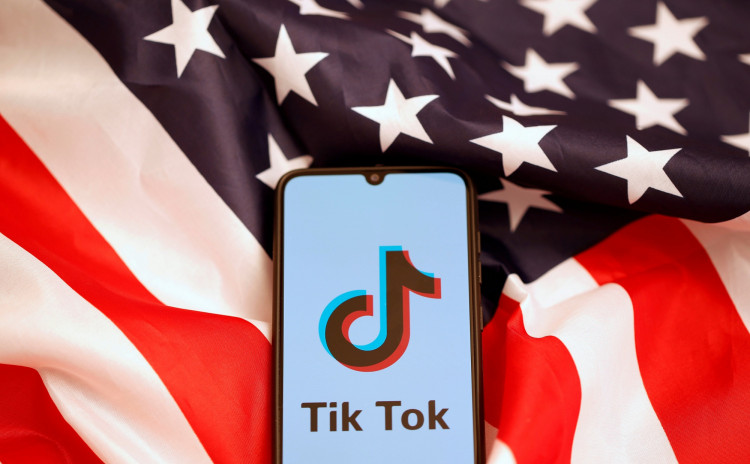TikTok has initiated a legal challenge against the U.S. government, seeking to halt the enforcement of a recent law that mandates its Chinese parent company, ByteDance, to either sell the app or face a nationwide ban. The lawsuit, filed in the U.S. Court of Appeals for the D.C. Circuit, argues that the legislation infringes upon constitutional protections of free speech and due process.
The law in question, dubbed the Protecting Americans from Foreign Adversary Controlled Applications Act, was signed by President Joe Biden as part of a foreign aid package in late April. TikTok contends that the law targets the platform uniquely, violating the First Amendment by imposing a "permanent, nationwide ban" on a single, named speech platform and affecting its 170 million American users.
According to TikTok's legal filings, the company challenges the justification of the ban, criticizing it for being based on "speculative and analytically flawed concerns about data security and content manipulation." The company has emphasized that no concrete evidence has been provided by Congress to suggest that TikTok poses the types of data security risks or potential for foreign propaganda that could justify such severe measures.
Further complicating matters, the Biden administration and Congress have defended the law, citing concerns that China's national security laws could compel ByteDance to hand over U.S. user data and manipulate content to serve foreign interests. These claims were underscored by a March report from the Office of the Director of National Intelligence, which alleged China used TikTok to influence the 2022 U.S. elections.
In its lawsuit, TikTok also argues that the law constitutes an unconstitutional bill of attainder, declaring a party guilty of a crime and imposing punishment without a trial. This point has been a subject of legal debate, particularly regarding whether such a clause applies to restrictions imposed on foreign corporations.
Moreover, TikTok has highlighted efforts to mitigate security concerns, including investing $2 billion in safety measures and initiating a project to store U.S.-based data on U.S.-based cloud servers managed by Oracle. These measures, according to TikTok, demonstrate its commitment to user safety and data protection, challenging the allegations that it serves as a conduit for Chinese propaganda.
The legal battle is not new territory for TikTok, which has previously succeeded in court against potential bans. In 2020, federal judges blocked an executive order issued by the Trump administration that sought to ban the app, and more recently, a federal judge ruled that a Montana law banning TikTok likely violated the First Amendment, a decision currently under appeal.






